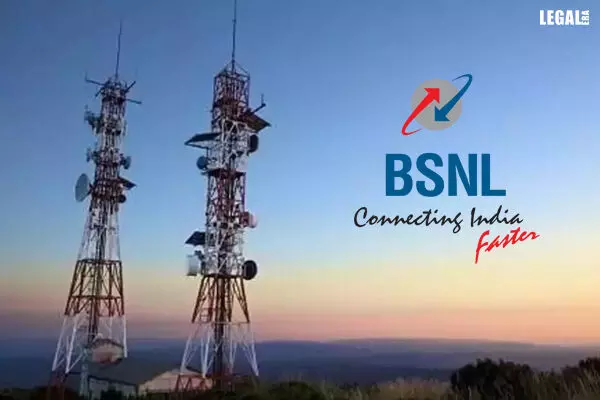- Home
- News
- Articles+
- Aerospace
- AI
- Agriculture
- Alternate Dispute Resolution
- Arbitration & Mediation
- Banking and Finance
- Bankruptcy
- Book Review
- Bribery & Corruption
- Commercial Litigation
- Competition Law
- Conference Reports
- Consumer Products
- Contract
- Corporate Governance
- Corporate Law
- Covid-19
- Cryptocurrency
- Cybersecurity
- Data Protection
- Defence
- Digital Economy
- E-commerce
- Employment Law
- Energy and Natural Resources
- Entertainment and Sports Law
- Environmental Law
- ESG
- FDI
- Food and Beverage
- Gaming
- Health Care
- IBC Diaries
- In Focus
- Inclusion & Diversity
- Insurance Law
- Intellectual Property
- International Law
- IP & Tech Era
- Know the Law
- Labour Laws
- Law & Policy and Regulation
- Litigation
- Litigation Funding
- Manufacturing
- Mergers & Acquisitions
- NFTs
- Privacy
- Private Equity
- Project Finance
- Real Estate
- Risk and Compliance
- Student Corner
- Take On Board
- Tax
- Technology Media and Telecom
- Tributes
- Viewpoint
- Zoom In
- Law Firms
- In-House
- Rankings
- E-Magazine
- Legal Era TV
- Events
- News
- Articles
- Aerospace
- AI
- Agriculture
- Alternate Dispute Resolution
- Arbitration & Mediation
- Banking and Finance
- Bankruptcy
- Book Review
- Bribery & Corruption
- Commercial Litigation
- Competition Law
- Conference Reports
- Consumer Products
- Contract
- Corporate Governance
- Corporate Law
- Covid-19
- Cryptocurrency
- Cybersecurity
- Data Protection
- Defence
- Digital Economy
- E-commerce
- Employment Law
- Energy and Natural Resources
- Entertainment and Sports Law
- Environmental Law
- ESG
- FDI
- Food and Beverage
- Gaming
- Health Care
- IBC Diaries
- In Focus
- Inclusion & Diversity
- Insurance Law
- Intellectual Property
- International Law
- IP & Tech Era
- Know the Law
- Labour Laws
- Law & Policy and Regulation
- Litigation
- Litigation Funding
- Manufacturing
- Mergers & Acquisitions
- NFTs
- Privacy
- Private Equity
- Project Finance
- Real Estate
- Risk and Compliance
- Student Corner
- Take On Board
- Tax
- Technology Media and Telecom
- Tributes
- Viewpoint
- Zoom In
- Law Firms
- In-House
- Rankings
- E-Magazine
- Legal Era TV
- Events
CESTAT: BSNL Wins Cenvat Credit Battle For Telephone Tower Inputs

CESTAT: BSNL Wins Cenvat Credit Battle For Telephone Tower Inputs
The Kolkata Bench of the Customs, Excise, and Service Tax Appellate Tribunal (CESTAT) has ruled in favour of Bharat Sanchar Nigam Limited (BSNL) regarding their claim for Cenvat credit on certain inputs. The bench, comprising Ashok Jindal (Judicial Member) and K. Anpazhakan (Technical Member), based their decision on a previous Delhi High Court case involving Vodafone Mobile Services Limited.
BSNL, a public sector company providing cellular telephone services, appealed against an order denying them Cenvat credit on various steel items used for setting up cell sites and erecting towers. These items included channels, beams, angles, and shelters.
The crux of the issue was whether these steel components used in constructing phone towers and shelters qualified as "inputs" or "capital goods" under the Cenvat Credit Rules, 2004. Consequently, BSNL argued they were entitled to claim Cenvat credit on these items.
The department opposing BSNL's claim argued that since the steel components were embedded into the earth and became immovable property, they could not be considered "inputs" or "capital goods" for providing telecommunication services, which are taxable outputs. They cited Rule 2(k) and 2(a) of the Cenvat Credit Rules, 2004, to support their position.
The CESTAT tribunal, after considering the arguments and relying on the Delhi High Court precedent in the Vodafone Mobile Services case, allowed BSNL's appeal. The tribunal determined that BSNL was indeed entitled to avail Cenvat credit on the disputed steel items used in their telecommunication infrastructure.


